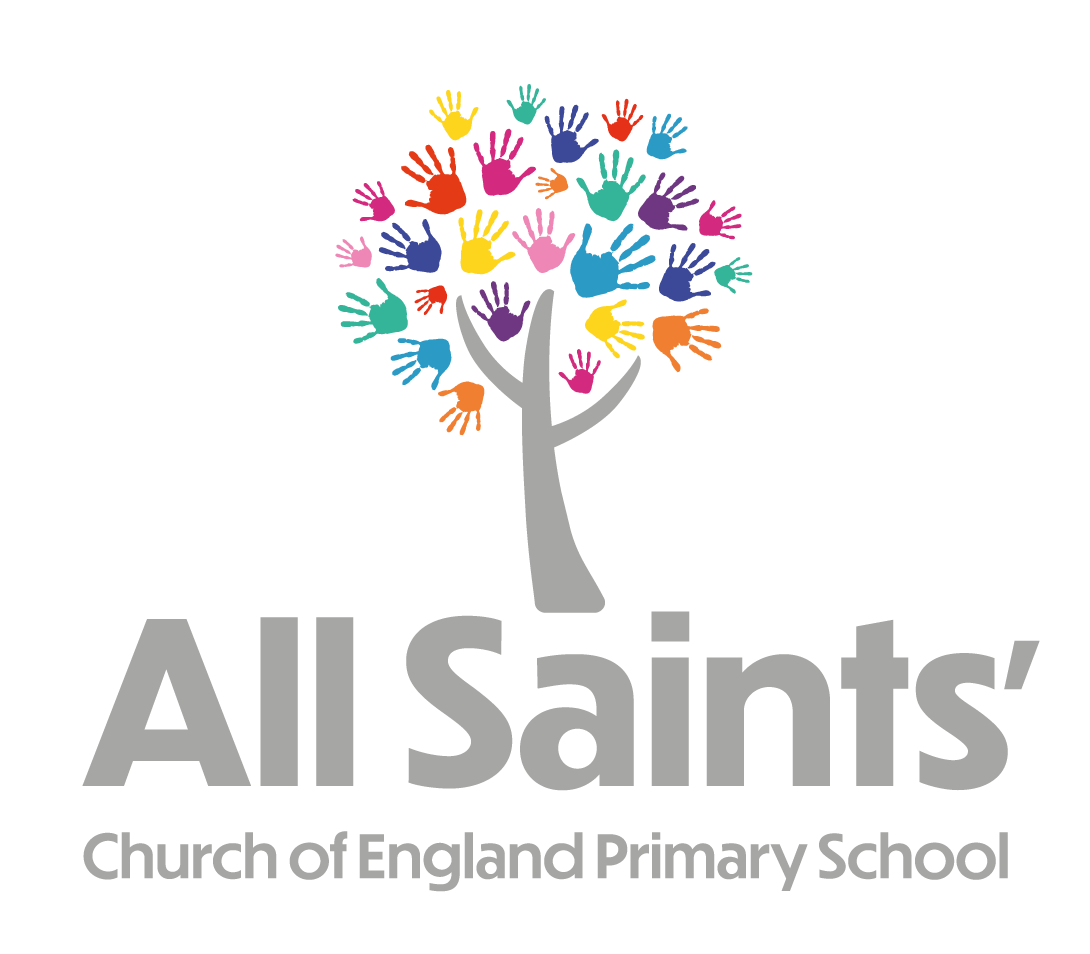1. What does History look like at All Saints'?

Our history curriculum aims for our children to make progress through continual opportunities to apply their accumulating knowledge. The content of our curriculum is focused on providing opportunities for the children to recall prior learning and build upon their knowledge and skills through meaningful links within and across subjects. The areas of learning and the order in which it is taught has been carefully considered and based around concept planning. This allows an investigative approach where abstract terms such as ‘empire’, ‘migration’ and ‘civilisation’ are the drivers of our planning.
As a Rights Respecting school, our children’s history learning is further supported by explicit reflection on the diversity of societies and relationships between different groups in relation to the articles of the Convention on the Rights of the Child. Questions of social justice and inequality are continually explored and considered in relation to the experiences of children in the past.
When considering the complexity of people’s lives and the challenges of their time, the children also reflect on the identity and character of historical figures and of their own identity and place, through our Christian Values.
At All Saints’, we believe that understanding history gives us a better understanding of the world, of our communities and of ourselves.

Throughout our history lessons, we develop children to think like historians: to understand an historical event in its time and place, to explore the historical significance of people and events in the past and their impact right into our modern world. We teach our children to be thoughtful and questioning of evidence and accepted interpretations. Above all, we want our children to understand that history is never simple, often controversial and that one view or perspective will never give the whole picture.

Our history curriculum covers local, national and worldwide topics within and beyond the National Curriculum. We develop knowledge and understanding alongside skills of enquiry and interpretation.

We take advantage of the access we have in London to world-class institutions such as the British Museum, Museum of London and local museums such as the Lawn Tennis Association.

Children experience fun first-hand learning opportunities ranging from exploring artefacts, pictures, documents and maps to interviewing local residents and interrogating school records.

